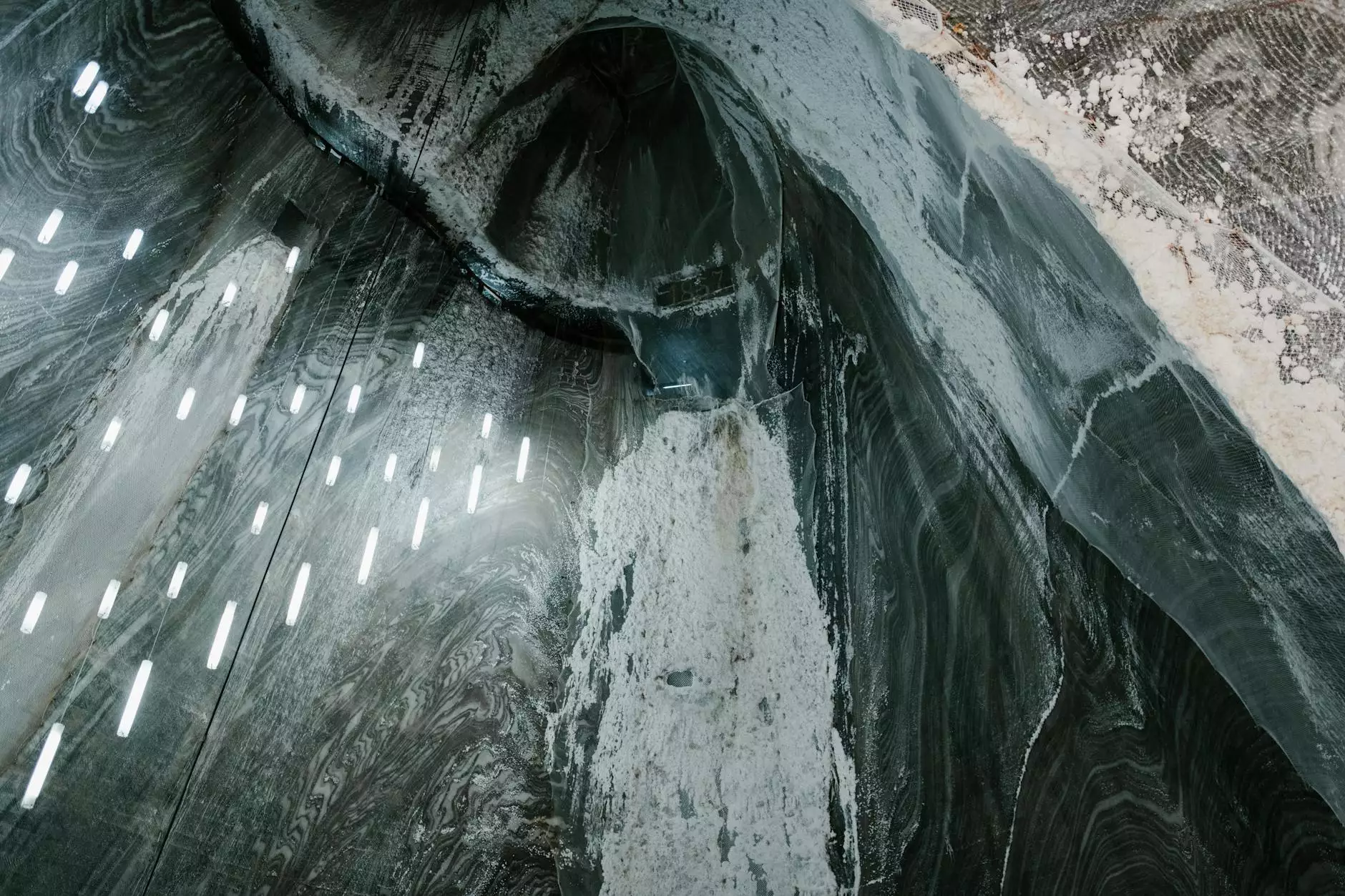Understanding the Importance of Chemical for Boiler Water Treatment

In the realm of industrial operations, boiler systems play a crucial role in maximizing efficiency, productivity, and safety. However, these systems are susceptible to various challenges such as scaling, corrosion, and deposit formation, which can significantly hinder their performance. This is where the application of chemical for boiler water treatment becomes vital.
The Fundamentals of Boiler Water Treatment
Boiler water treatment involves the prophylactic maintenance of water used in boilers. The treatment aims to enhance the quality of water and ensure that it meets predefined standards for efficient operation.
Types of Boiler Water Treatments
- Internal Treatment: This method involves adding chemicals directly into the boiler water to control deposits and corrosion.
- External Treatment: In this technique, water is treated before it enters the boiler system. This primarily includes processes like filtration, softening, and demineralization.
- Condensate Treatment: This treatment involves managing the condensate systems and ensuring that the collected steam is adequately treated before reuse.
The Key Chemicals Utilized
The effectiveness of any boiler treatment program hinges on the selection of appropriate chemicals. Here are some critical chemicals used for boiler water treatment:
1. Scale Inhibitors
Scale inhibitors are essential in preventing the formation of scale on the heat transfer surfaces of boilers. By inhibiting the crystallization process, they ensure smooth operation and optimum thermal efficiency.
2. Corrosion Inhibitors
Corrosion inhibitors protect metal surfaces from oxidation and deterioration. They function by forming a protective layer on the metal that prevents direct contact with the aggressive components present in the boiler water.
3. pH Control Agents
Maintaining the correct pH level is crucial in boiler operations. pH control agents help in adjusting the acidity or alkalinity of the water, ensuring optimal conditions for chemical reactions and protecting against corrosion.
4. Filming Amine
Filming amines create a protective film on metal surfaces. They are particularly effective in protecting against corrosion from both oxygen and carbon dioxide.
5. Defoamers
Excess foam can lead to unsafe operating conditions and reduced efficiency. Defoamers help maintain optimal foam levels, enhancing the overall performance of the boiler.
Benefits of Utilizing Chemicals for Boiler Water Treatment
Implementing a comprehensive chemical treatment plan brings a multitude of benefits:
- Enhanced Efficiency: Proper treatment results in improved heat transfer and boiler efficiency.
- Increased Equipment Longevity: The right treatment prevents premature failure and prolongs the life of boiler components.
- Cuts Down Energy Costs: An efficient boiler consumes less fuel, thus reducing operational costs significantly.
- Environmental Compliance: Effective treatment aids in meeting regulatory standards for emissions and waste discharge.
- Safety Assurance: By preventing hazardous conditions like steam explosions or system failures, it promotes a safer work environment.
Choosing the Right Service Provider
When it comes to boiler water treatment, selecting a reputable service provider is paramount. Here are some important criteria to consider:
1. Expertise and Experience
Look for providers with a proven track record in boiler water treatment and extensive knowledge in this specialty. Their expertise can greatly influence the success of your treatment program.
2. Quality of Chemicals
Ensure that the provider uses high-quality, reliable chemicals for water treatment. Low-grade chemicals can diminish the effectiveness of the treatment and may even harm the boiler.
3. Tailored Treatment Solutions
A proficient provider should analyze the unique needs of your system and offer customized solutions that fit your operational profile.
4. Support and Maintenance
Choose a service that offers continuous support and regular maintenance check-ups for your boiler system, helping to ensure ongoing optimal performance.
Case Studies: Successful Boiler Water Treatment
To truly grasp the impact of effective boiler water treatment chemicals, consider the following case studies which showcase their application in real-world scenarios:
Case Study 1: Large Manufacturing Plant
A large manufacturing facility noticed excessive scaling in their boiler systems leading to operational inefficiencies. After implementing a dedicated program with scale inhibitors and regular monitoring, they reduced energy consumption by 15% and extended the life of their boilers significantly.
Case Study 2: Hotel Industry
A prominent hotel chain faced significant issues with corrosion in their boiler systems. By switching to filming amines and employing comprehensive water treatment protocols, they were able to eliminate leaks, greatly reduce maintenance costs, and enhance guest comfort with more reliable hot water service.
Conclusion: The Vital Role of Clean Boiler Water
In summary, utilizing chemical for boiler water treatment is not merely a maintenance task, but a critical aspect of industrial and commercial operations. By preventing scaling, controlling corrosion, and enhancing efficiency, the right chemical treatment programs can ensure not only optimal boiler performance but also substantial cost savings and safety improvements.
For those considering solutions for boiler water treatment, partnering with a reputable provider like Bimak Skimya can lead to sustainable outcomes and operational excellence.
Call to Action
If you’re ready to optimize your boiler operations and ensure long-lasting performance, contact us at Bimak Skimya for tailored solutions in Water Purification Services, Water Suppliers, and Water Stores. Together, we can tackle your boiler water treatment needs efficiently and effectively.









